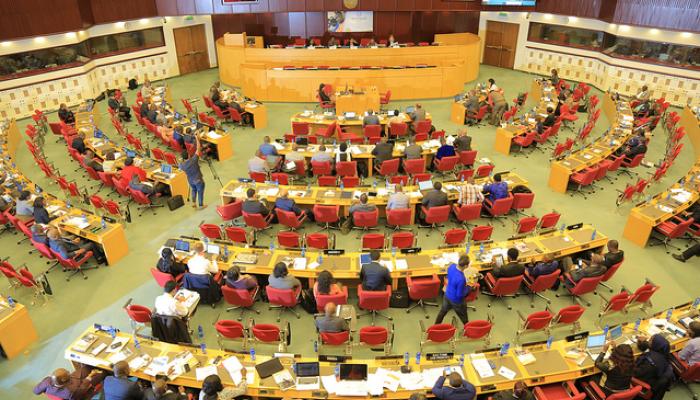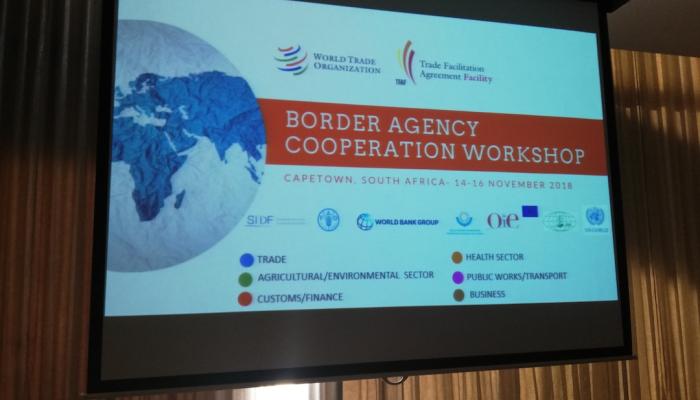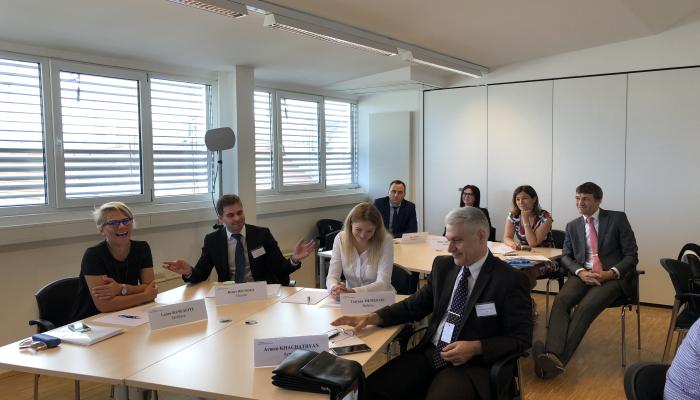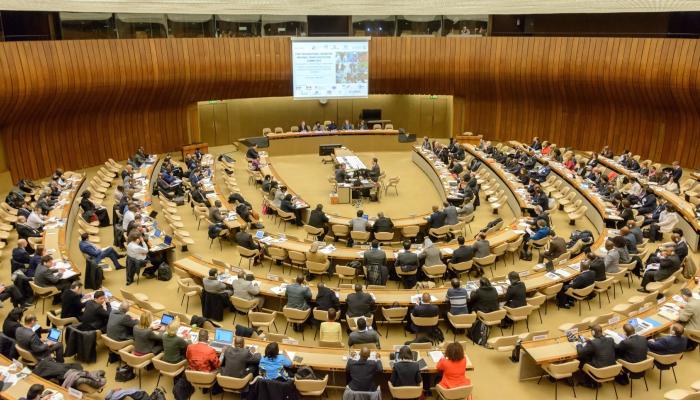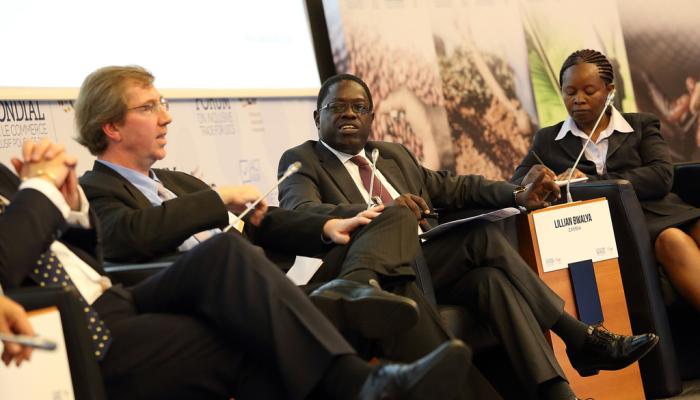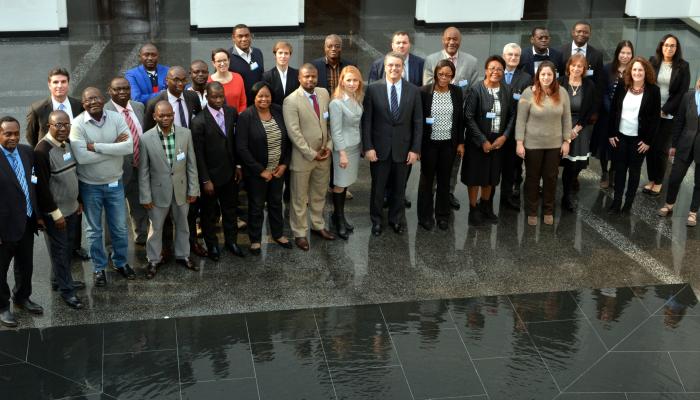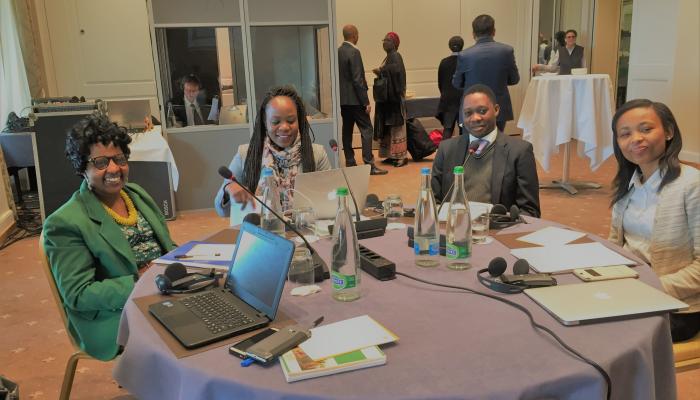Border Agency Cooperation Workshop 2018
Border Agency Cooperation Workshop 2018
JVI-WTO Workshop on the TFA for CEECAC Countries
JVI-WTO Workshop on the TFA for CEECAC Countries
International Forum for NTFC
International Forum for NTFC 23-27 January 2017
Photos courtesy of UNCTAD
EIF Global Forum 2018
13-14 June 2018- WTO
Photos courtesy of EIF
French Advanced Course
French Advanced Course Participants with the DG
LDC Group Workshop on Trade Facilitation Agreement and LDC Issues
12 April 2018
Caribbean Customs Law Enforcement Council (CCLEC)
Courses on Trade Facilitation via The CCLEC E-learning System
Developed for the primary purpose of creating a highly skilled, qualified and strategic Customs workforce.
- Basic Customs and Trade Facilitation
- Risk Management
- Post Clearance Audit

Inter-american Development Bank (IADB)
Courses on Facilitation / Trade Security and Customs
- Ventanillas únicas electrónicas de comercio exterior
- Os Guichês Electrônicos Únicos Como Ferramentas de Facilitação do Comércio
- Gestión coordinada de fronteras
- Operador económico autorizado
- Gestión de riesgo de aduanas
- Desarrollo de la capacidad de gestión y liderazgo para la supervisión y control de aduanas
- Planificación Estratégica y Gestión de Riesgo en Aduanas
- Modernización de Aduanas
- Single Window for Foreign Trade
- Strategic Customs Planning and Management
- Custom Risk Management

World Trade Organization (WTO)
The WTO Trade Facilitation Agreement
After this course the participant will have: - Received an overview of trade facilitation;
- Reached an understanding of the objectives of the Trade Facilitation Agreement (TFA);
- Become familiar with the technical provisions of the TFA and their trade facilitating aspects
- Become familiar with the special and differential treatment flexibilities for developing and least-developed country Members in implementing the TFA;
- Become aware of the notification obligations of the TFA; and
- Become informed of the role of the WTO Trade Facilitation Committee and National Trade Facilitation Committees.
This course is freely available on the website at all times.

